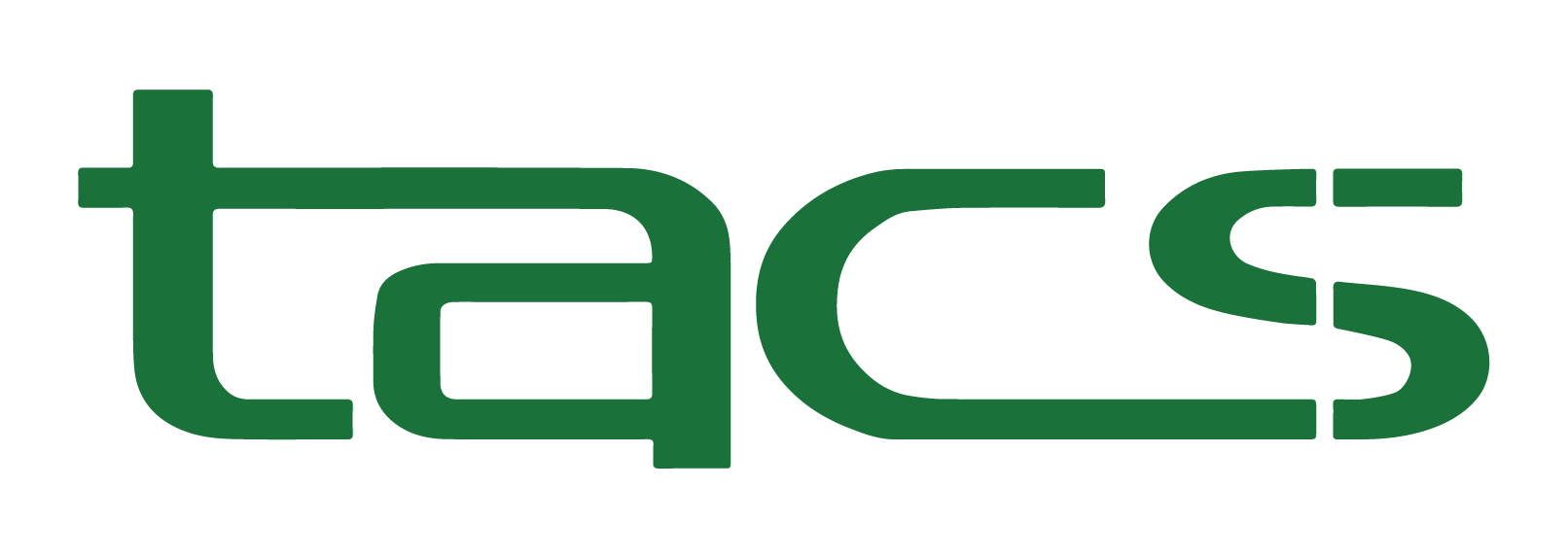Under Bankruptcy Code Section 348, a conversion of the case, creates a new “order of relief” and the debts that are incurred during the previous case are now considered pre-petition debts.
This usually comes up when a Chapter 13 is converted to a 7, but the same rules should apply to a chapter 11. This change affects most debts making the conversion date the new date for determining pre or post-petition. However, for taxes, this does not matter so much in determining discharge of debt since the discharge is based on the definition of “priority” which are based on the petition filing date. The petition filing date does not change upon conversion of the case. 11 U.S.C. §348(a). As the petition filing date does not change upon conversion, the determination of the discharge (and priority) is based on the same factors as before the conversion. So in my opinion, for determining the discharge of taxes, you would still use the original filing date for your analysis of priority.
Be aware however that other local debts (e.g. utility bills, parking tickets, etc.) are not entitled to priority and thus, those debts incurred after the initial filing would still be dischargeable using the Chapter 7 conversion date to determine that it was a pre-petition debt. You should be able to find that conversion date in Pacer.
